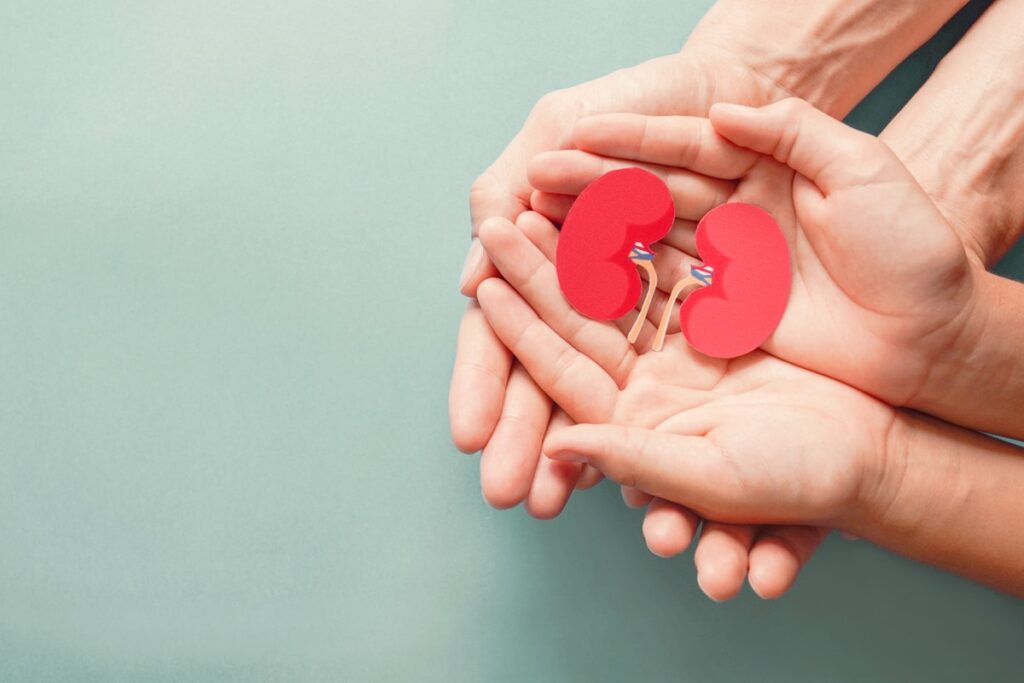Renal hypertension, or renovascular hypertension, is characterized by high blood pressure caused by kidney-related issues. The kidneys play an essential role in regulating blood pressure by balancing fluids, electrolytes, and hormones. When these functions are impaired due to kidney artery narrowing or other kidney problems, it can lead to hypertension. Fortunately, with proactive measures and lifestyle changes, renal hypertension can be prevented or managed effectively.
Understanding Renal Hypertension and Its Causes
Renal hypertension occurs when the arteries that supply blood to the kidneys (renal arteries) become narrow or blocked, reducing blood flow to these organs. The reduced blood flow triggers a chain reaction in the body, leading to increased production of hormones like renin, which elevates blood pressure. The most common causes of renal hypertension are atherosclerosis (narrowing of arteries due to plaque buildup) and fibromuscular dysplasia (abnormal growth of cells in the artery walls).
Preventive Measures for Renal Hypertension
- Maintain Healthy Weight: Obesity is the major risk factor for hypertension, including renal hypertension. By maintaining a healthy weight, you can significantly reduce your risk of developing high blood pressure.
- Adopt a Heart-Healthy Diet: Emphasize a diet rich in fruits, vegetables, whole grains, lean proteins, and low-fat dairy products. Reduce sodium intake and limit the consumption of processed foods and sugary beverages.
- Exercise Regularly: Engage in a moderate physical activity for at least 30 minutes most days of the week. Regular exercise helps in weight management and promotes overall cardiovascular health.
- Quit Smoking: Smoking damages blood vessels and increases the risk of atherosclerosis. Quitting smoking can significantly improve kidney and overall health.
- Limit Alcohol Intake: Excessive alcohol consumption can raise blood pressure. If you drink alcohol, do so in moderation, following recommended guidelines.
- Manage Stress: Chronic stress can contribute to hypertension. Practice stress-relief techniques like meditation, yoga, or deep breathing exercises.
Monitor Blood Pressure and Kidney Health
Regular blood pressure monitoring is essential to detect any changes early on. If you have risk factors for renal hypertension or a family history of kidney disease, it’s crucial to monitor kidney function through routine check-ups and laboratory tests. Early detection allows for timely intervention and preventive measures.
Stay Hydrated and Stay Active
Proper hydration is vital for kidney health and overall well-being. Drink an adequate amount of water throughout the day to support kidney function. Additionally, maintaining an active lifestyle helps improve blood circulation and overall cardiovascular health.
Conclusion
Preventing renal hypertension requires a proactive approach to kidney health and overall well-being. By adopting a heart-healthy lifestyle, including a balanced diet, regular exercise, and stress management, individuals can significantly reduce their risk of developing hypertension related to kidney issues. Monitoring the blood pressure and kidney function can help detect any abnormalities early, allowing for timely interventions and better outcomes.
By nurturing kidney health, we can ensure a balanced blood pressure and promote overall health for a fulfilling life.

